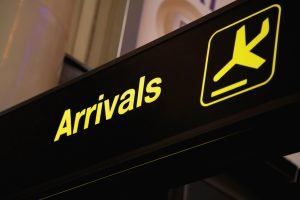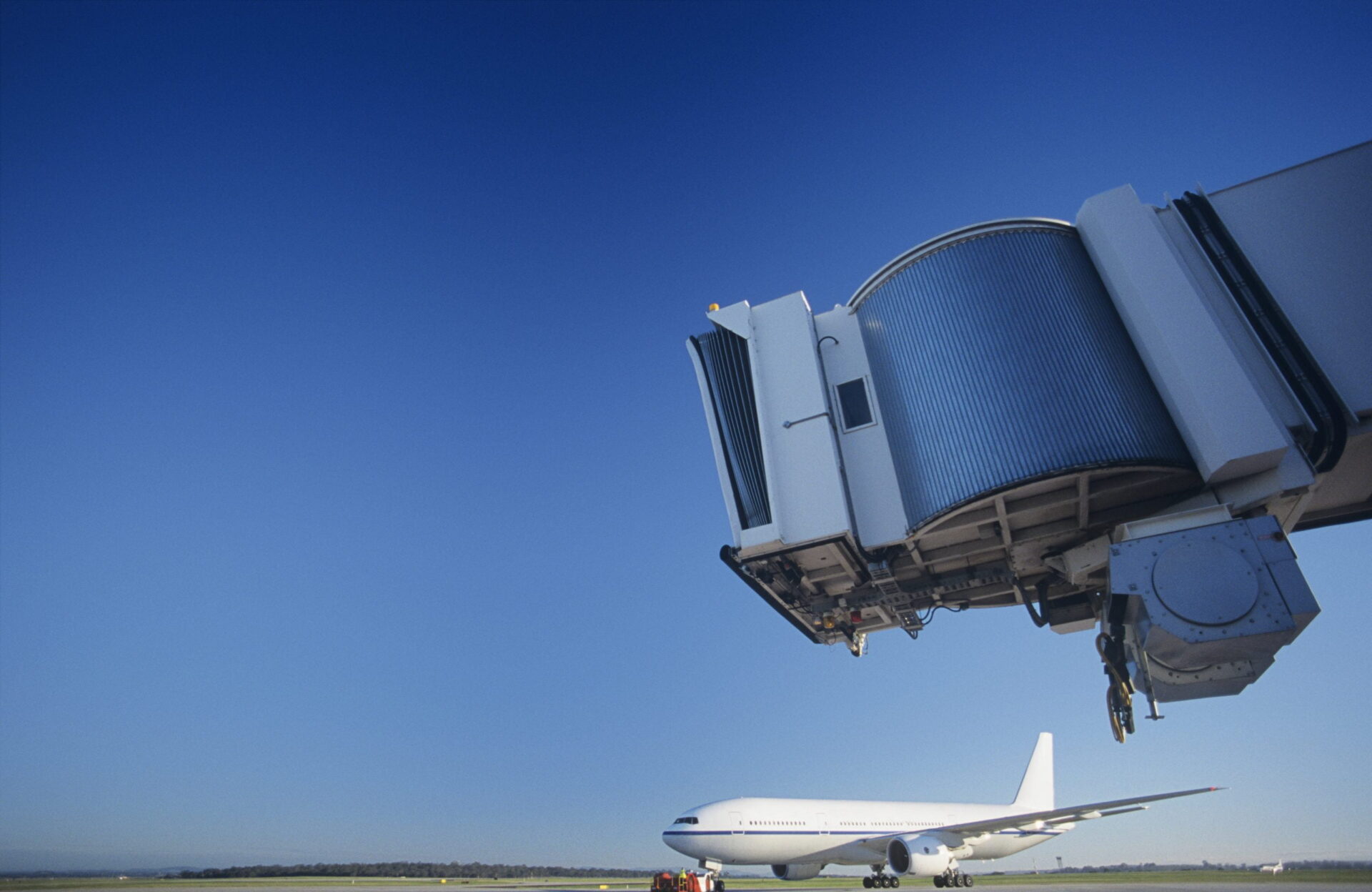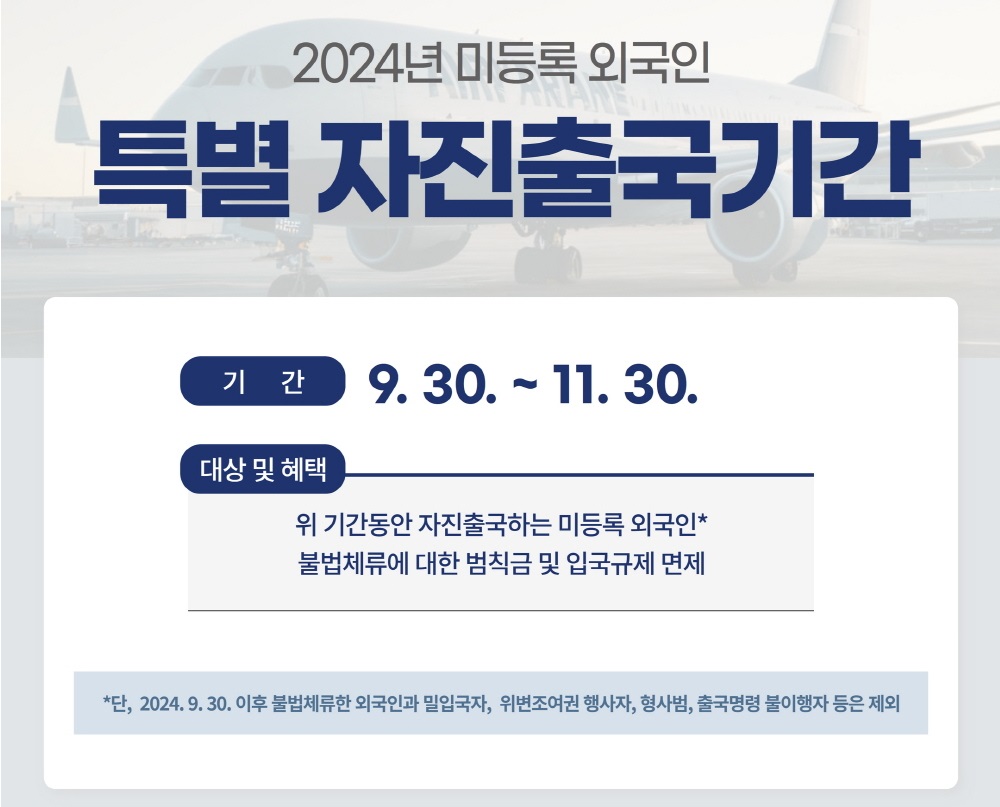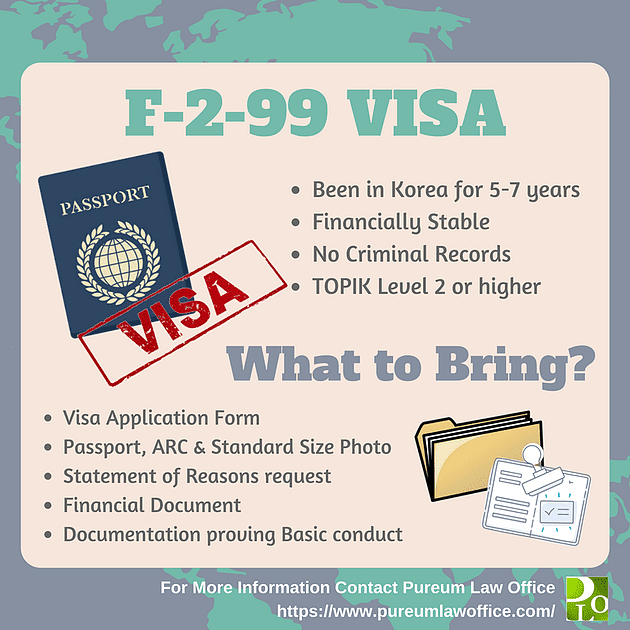Re-entry Permit Exemption – South Korea
South Korea’s Re-Entry Permit Exemption will be brought back into effect from April 1, 2022 after having been suspended since June 1, 2020 as part of COVID-19 protocols.

Who is Exempted from Re-entry Permit
According to a March 18, 2022 press release on HiKorea, foreigners registered with Korean Immigration and who hold the following visas will be exempt from the re-entry permit: A-1, A-3, D-1, F-3, F-6, and those with H-2 status who re-enter the Republic of Korea (ROK) within one year from date of departure
F-5 Korean Permanent Residents and F-4 Overseas Koreans
F-5 permanent residents can re-enter within two years from the date of departure, while F-4 overseas Koreans can return within their authorized period of stay.
Persons with refugee travel documents can re-enter within the validity period of their authorized paperwork.
Nationals from the following exempted countries and holders of D-7, D-8, or D-9 visas may re-enter within their authorized period of stay: Republic of Suriname, The Netherlands, Norway, Denmark, Germany, Luxembourg, Belgium, Sweden, Switzerland, Liechtenstein, France, Finland, and Chile.
Multiple Re-Entry Permit
Registered foreigners who are exempt from Korea’s re-entry permit may need to apply for a multiple re-entry permit before returning to the ROK after spending over one year (and up to two years) continuously outside of the country since departure. Re-entry permits can last up to two years with the following exceptions: D-8 Corporate Investors and F-2-5 long-term resident Large Investors. Extensions are also permitted for A-1 Diplomats through the end of their official posting as well as for A-2 Foreign Government Officials and A-3 International Agreement status holders with single-entry visas.
Documents and Fees – Korean Immigration
In most cases, applicants for re-entry permits need to bring their passport (with at least six months of validity remaining and two blank pages), foreign resident registration card (formerly known as an Alien Registration card [ARC]), and application form. Additionally, those with A-1, A-2, or A-3 statuses need official documentation to prove their dates of incumbency, which include a diplomatic ID card, official letters of cooperation from their embassy, or employment certification.
The permit costs KRW 50,000 with a 20% discount applicable for those using the e-Application service on HiKorea.
Covid-19 Entry Restrictions
In related news, Korea’s Ministry of the Interior and Safety also announced that from April 1, 2022 fully vaccinated arrivals will longer be subject to quarantine. Specifically, this will apply those who have been vaccinated and boosted three times with the two-dose versions of a vaccine and those who have had two doses of a one-dose vaccine like Janssen. To be considered up to date, the vaccinations must have been administered within 14-180 days of arrival. While this applies to persons who were vaccinated outside of the ROK, visitors from Myanmar, Pakistan, Ukraine, and Uzbekistan will continue to be subject to seven days of quarantine upon arrival.
Please see our blog and news posts for important legal issues affecting foreigners, expats, and other visitors to South Korea.




